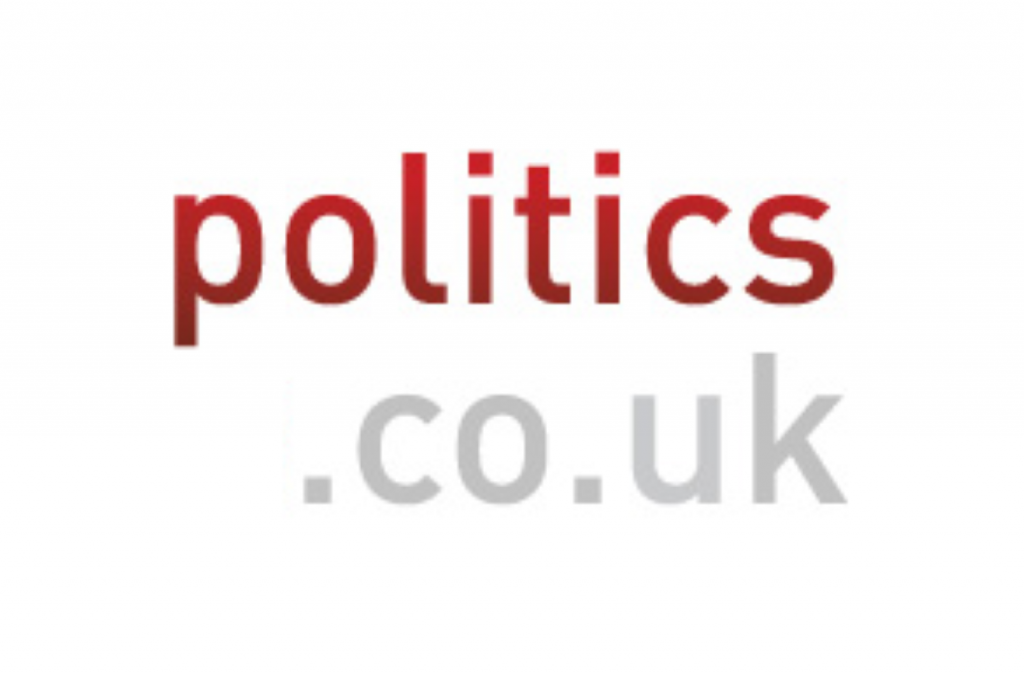Britain will ‘do its best’ on EU budget
Prime Minister Tony Blair today said Britain would do its best to make progress and reach agreement on the EU budget during its presidency of the EU.
The issue has dominated the build up to Britain officially assuming the presidency, but Mr Blair said it was impossible to know at this stage whether agreement would be achieved.
Mr Blair had spent the morning in meetings with European Commission president Jose Manuel Barroso.
And joining Mr Blair at a press conference in London, Mr Barroso said all European leaders would have to compromise to make progress on the EU budget, and admitted that recent weeks had been a “rough period in European politics”.


Talks on the EU budget for 2007-13 collapsed acrimoniously last month, with disagreements focusing on Britain’s £3.2 billion annual rebate and on the Common Agricultural Policy (CAP).
Mr Blair has said there would be no negotiation on the rebate unless farm subsidies, which account for 40 per cent of EU spending, were reformed.
But in an interview with The Guardian, Mr Barroso revealed he had told the Prime Minister that linking CAP reform to the EU rebate was not the best way of securing progress.
Yet relations between the pair seemed amicable as they took to the stage this afternoon, with the commission president declaring that he had every reason to believe the “pragmatic British approach” would be a real success.
Mr Barroso insisted that “everybody has to move” on the EU budget – not just Britain. “When I say everybody I mean everybody – not just one part,” he asserted.
And asked about comments in which he compared European Council meetings to a boxing match, he insisted he was not referring to any specific personality, but appealed to all European leaders “to avoid national or nationalistic rhetoric”.
Mr Blair, meanwhile, revealed that Britain would be hosting an informal European summit prior to the formal European Council meeting in December, to seek consensus on the European social model.
He said Britain would be publishing a paper to try and get people to come together and debate the European social model – the desire to be a strong competitive economy and maintain a strong social dimension.
There was no use trying to compete unless Europe was prepared to make the necessary changes, including updating and modernising the model, he added.
Mr Barroso argued that “a European Union without the strong social commitment is not a union, it’s something else”.
But he echoed Mr Blair’s call to adapt the social model, stressing that to have an ambitious social model you need growth.
“I really believe its a mistake to put the free market on one side against the social … we need both,” he said.
Elsewhere, Mr Blair pledged to take forward negotiations on enlargement, work with the commission on better regulation, and make progress on the Services and Working Time Directives.
He pledged co-operation on tackling terrorism, illegal immigration and organised crime; as well as on foreign policy through making progress on Africa, climate change, and the Middle East peace process.
Mr Barroso said that following the French and Dutch ‘no’ votes, and the failure to approve the EU budget, “it is a rough period of European politics. That is why this British presidency has an important role”.
He reinforced the Prime Minister’s message on competitiveness, pledging to clear up Europe’s “sometimes absurd” regulations.
He added that Africa was a “flagship” issue for the commission, and Europe could and must do more.

